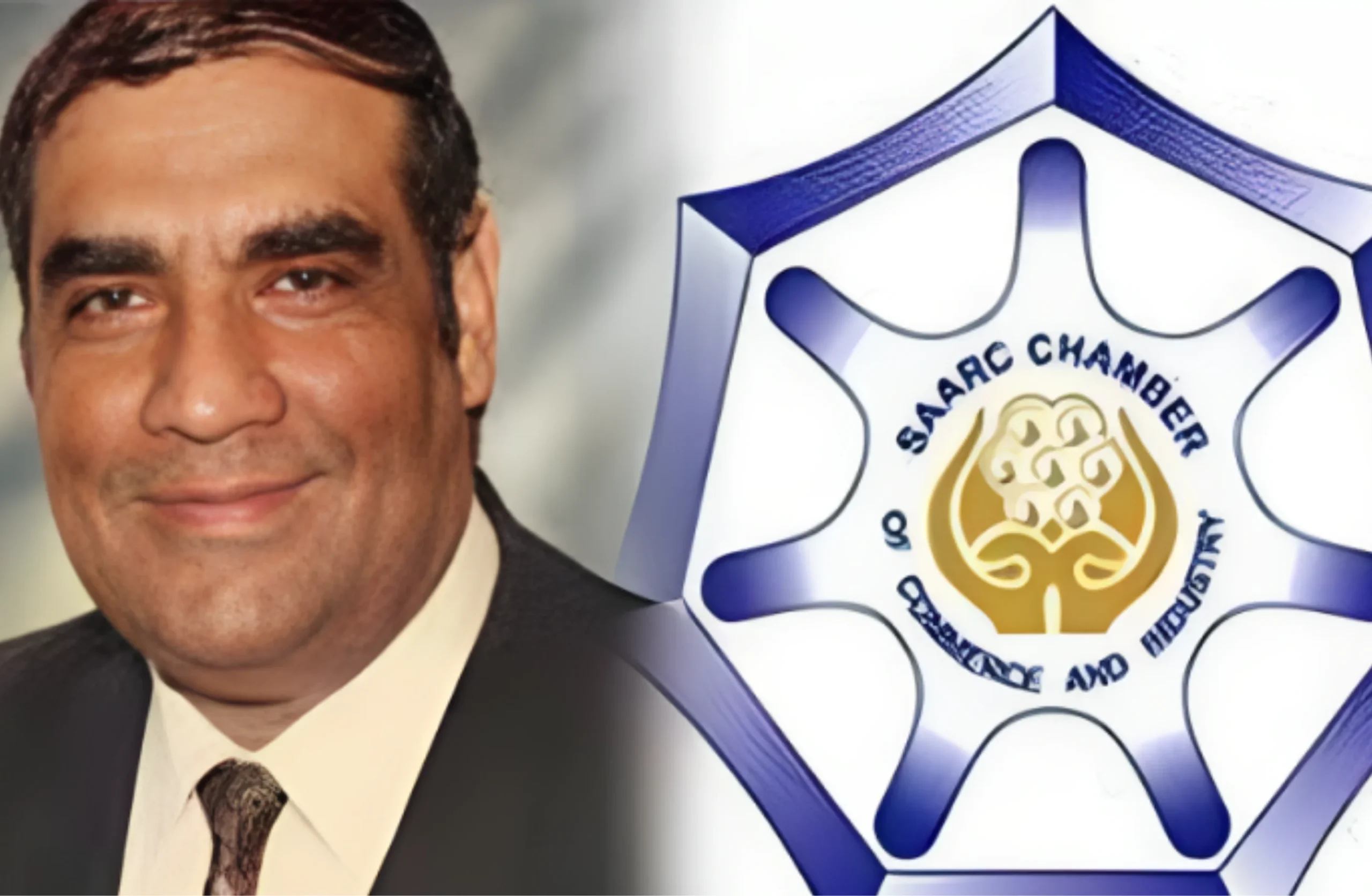Islamabad, Jan 26: Iftikhar Ali Malik, the former President of the SAARC Chamber of Commerce and Industry, has called for a strengthened regional trade network within South Asia as a means to achieve comparative advantages in international trade and boost prosperity across the region. In a statement on Sunday, he emphasized that regional economic integration could significantly enhance South Asia’s bargaining power in global trade, representing a market that accounts for approximately 25.29 percent of the world’s population.
Malik pointed out that integration within South Asia would not only improve the region’s attractiveness to both foreign and local investors, but it could also foster better trade relations similar to the economic blocs of the European Union (EU), the Association of Southeast Asian Nations (ASEAN), and the United States-Mexico-Canada Agreement (USMCA). He lamented that, at present, South Asia remains the least economically integrated region globally, with regional trade constituting only about 5 percent of total trade.
Read More: PTBA Warns on Security Clearance Denial for Foreign Investors
According to Malik, there is substantial untapped potential for intraregional trade in South Asia, which could potentially double its current level, indicating a 67 percent gap in trade opportunities. If this potential is fully realized, the region could benefit from an approximate 3 percent increase in its Gross Domestic Product (GDP).
However, the primary obstacle hindering progress is political disputes, which often take precedence over economic considerations. When political concerns overshadow economic cooperation, the costs to the region can be significant, especially considering that nearly 40 percent of the world’s poor live in South Asia, making it the second-most impoverished region globally after Africa.
He urged political leadership in the region to prioritize economic development over political gain, drawing lessons from the EU and ASEAN, where economic cooperation has not been hindered by political issues. Malik further mentioned that global leaders, including US President Donald Trump, share a similar vision of promoting competitiveness through industrial policies, which include government support for strategic industries.
Such policies, he suggested, are essential for fostering growth, protecting jobs, and advancing local industries. Malik’s remarks reflect a pressing need for South Asian countries to overcome political barriers and pursue economic integration to unlock the region’s full potential in global trade.









